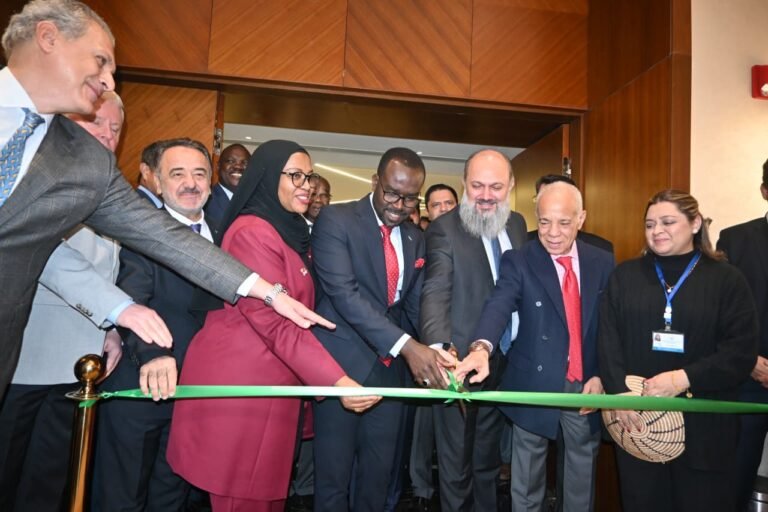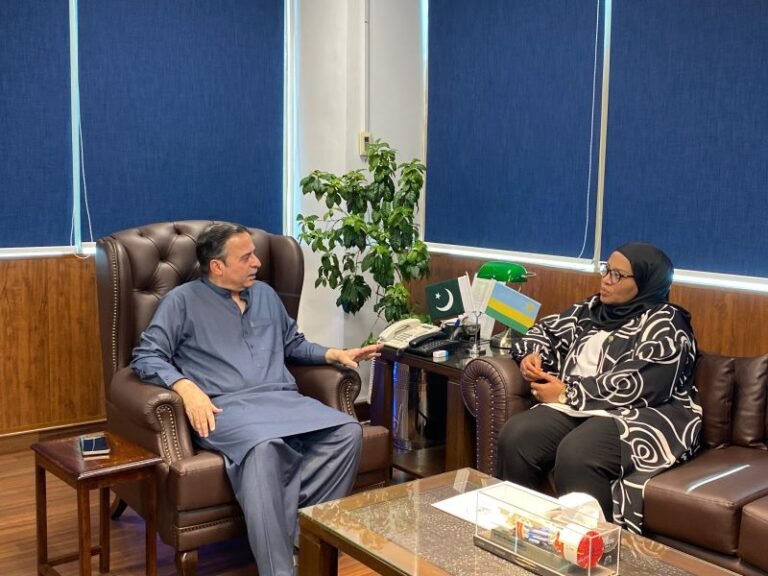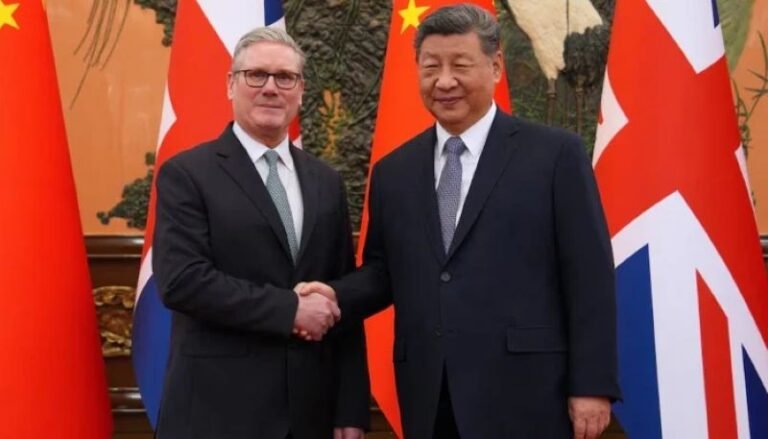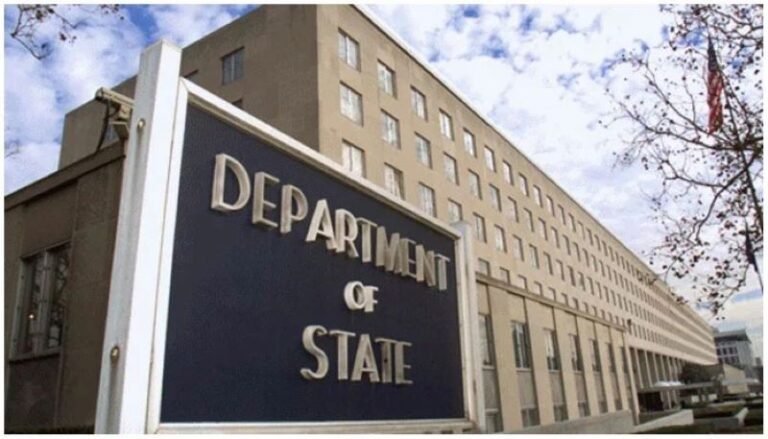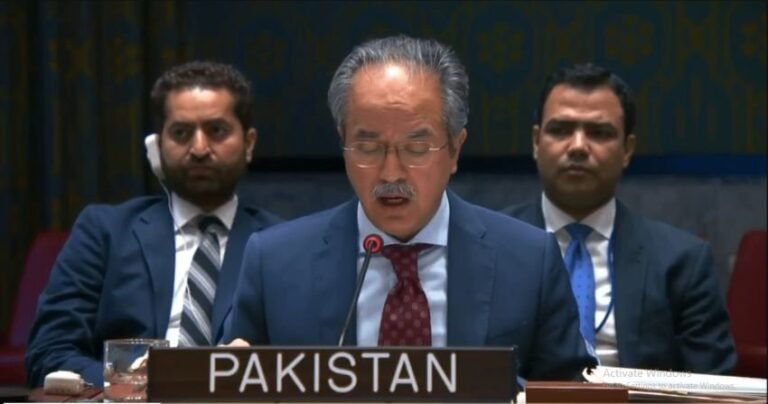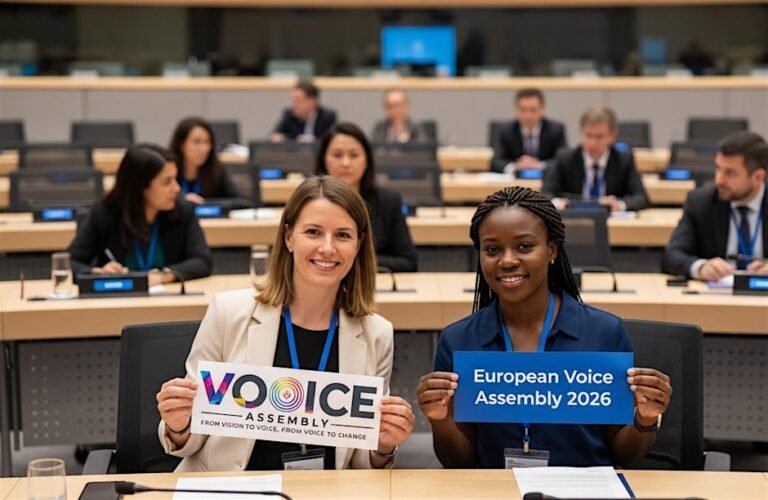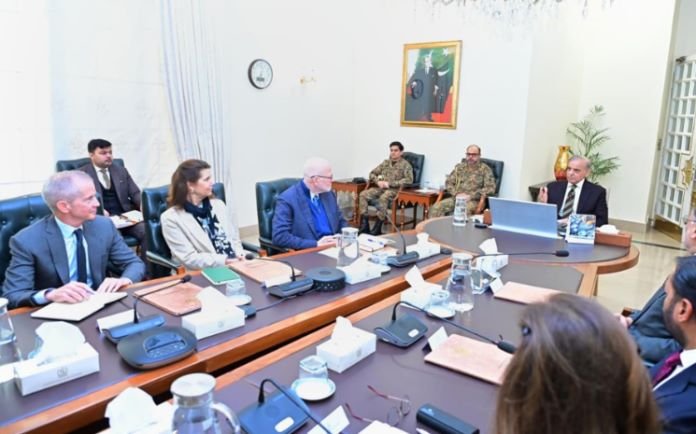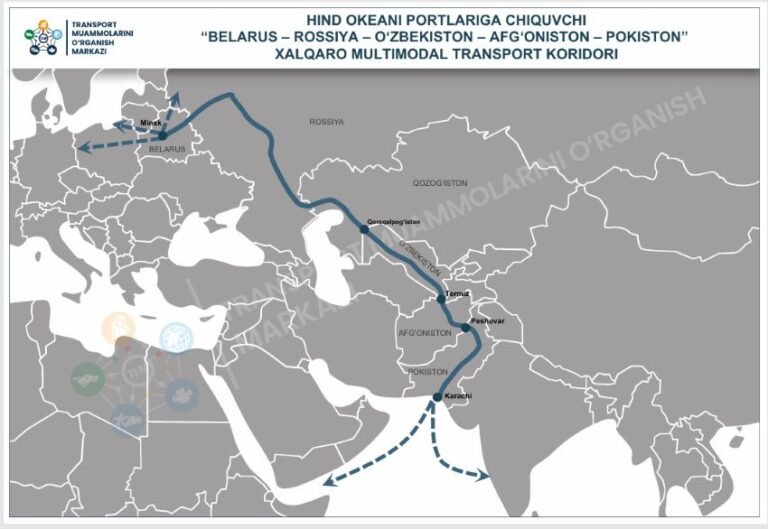Darfur, 5 January 2022 (TDI): A tweet was posted by the United Nations Office for Project Services (UNOPS) highlighting the issue of women and girls collecting water around the world. Darfur is going through a water crisis, even though the country has an apt amount of water available to its population.
200 million hours.
8.3M days.
22,700+ years.That’s the combined amount of time women & girls around the world spend collecting water every day.
Join us in East Darfur, where we’re imagining a different reality: https://t.co/WtVrjEd5Um pic.twitter.com/IyE2HJaCYz
— UNOPS (@UNOPS) January 2, 2022
East Darfur has many underground reserves, however, the depth at which this water is available makes extraction costly and inaccessible. Regardless, a multifaceted program in the region is assisting these people in the challenge to have access to water, specifically in rural areas.
Water is described as the “artery of life”, without this precious resource, no one will be able to solve other problems, says the Head of the District Natural Committee of Kadeik, Elnor Alsair Elnor.
Kadeik is a region located 15 kilometers to the East of Darfur in Central Africa, home to a population of 10,000 people, is suffering greatly from water shortage. The main form of livelihood that follows through in this region is primarily focused on agriculture, livelihood, and forestry.
Commuting from this region to East Darfur mainly consists of a 3-hour donkey cart ride, especially considering the difficult terrain that is largely warm and sandy in nature.
However, as of recently, the UNOPS program produced a water yard for the region to make water increasingly accessible without having to commute 3 hours on a donkey cart, making it easier for the farming community located within the region.
It was only through this accessibility of water that farming has now seemed like an activity that is no longer going extinct within the region. Produce such as tomatoes, radishes, onions, and arugula are now comfortably grown in the irrigated small gardens cultivated by the local populace.
Another locality just a few ways off of East Africa was also facing water scarcity, this is the region called Arafat. Simple solutions such as donkey cart rides were introduced here. This was introduced to assist families in commuting to the water yard.
This is specifically helpful for the women within this region who can now spend more time carrying out their duties in households and as the time is taken to collect water is reduced and families can now live a healthy life with a sufficient amount of water. These carts have duly also assisted the workers in harvest season who need access to water to hydrate themselves.
The former head of the water management project representing the European Commission to Sudan, Cosimo Lambert Fossati, believes this infrastructure program will have positive outcomes for the community in Darfur.
A small fee which is largely affordable for the community is also charged out of which 30% of it is reserved for the East Darfur State Water Cooperation which maintains these yards. According to the former head, it is essential to bring the stakeholders and communities together to ensure this project works well.
This opens opportunities for further projects for water management within Sudan, as the income generated from water yards is bringing together more communities and stakeholders to invest in similar projects.
UNOPS Country Manager specifically highlighted how it was positive and unique to see the way people were treating the water management yards. There are prospects for greater water management projects for the country in the future.



